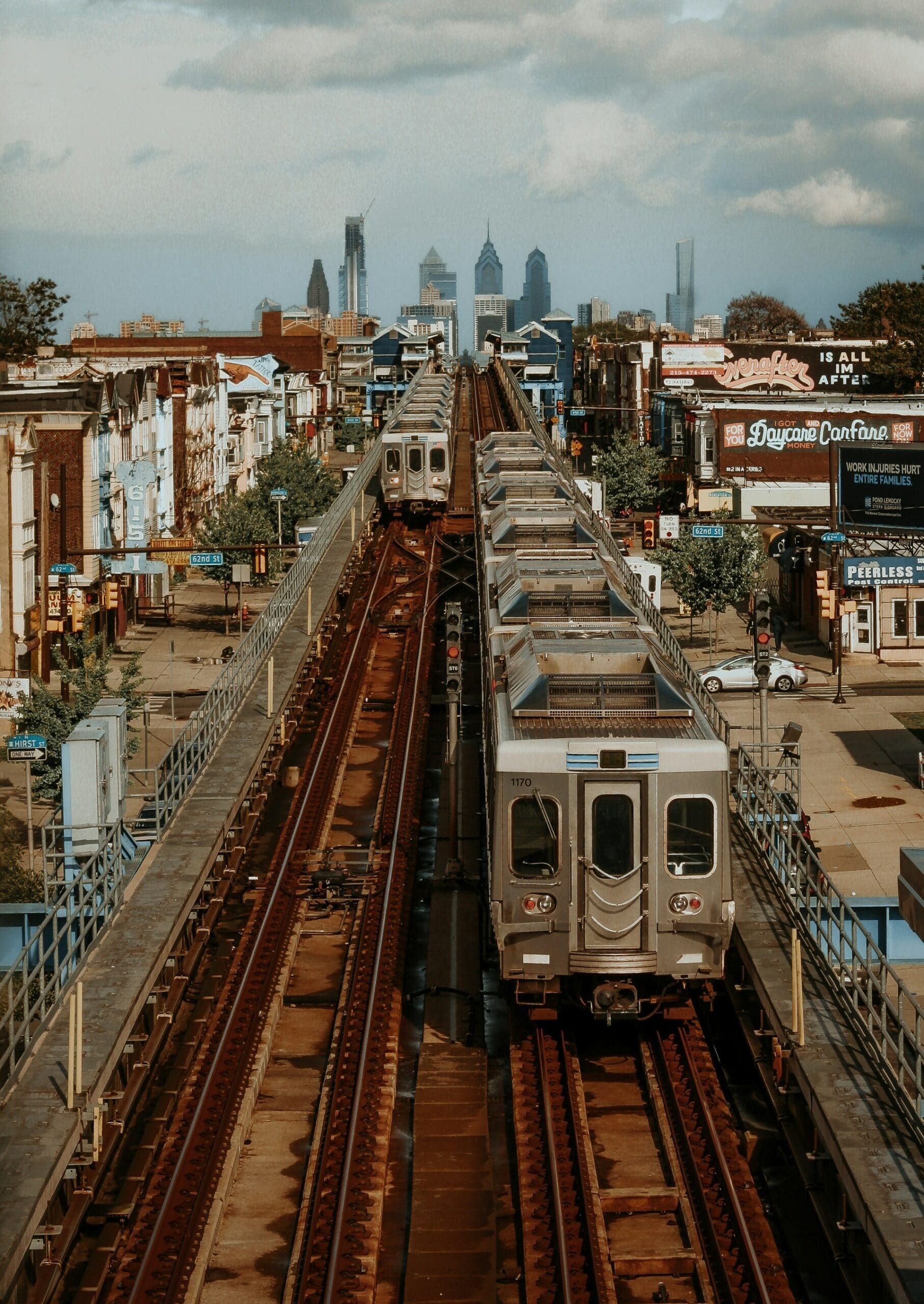By Nicole Leonard
The Philly Joy Bank officially launches Monday to support pregnant Philadelphians with a guaranteed monthly no-strings-attached income.
The pilot program intends to improve maternal and infant health outcomes and reduce racial disparities in a city with some of the highest poverty rates in the nation, and where Black infants are three times more likely to die before their first birthday than white infants.
“It doesn’t have to be that way,” said Dr. Stacey Kallem, director of the Philadelphia Division of Maternal, Child, and Family Health. “Alleviating financial stress during pregnancy can have real and positive impacts on birth outcomes. And the way to alleviate financial stress is actually pretty simple – you give people cash.”
Kallem and her team worked for more than two years to raise $6 million in public and private funds to support the program.
The Philly Joy Bank will serve pregnant women and people in Cobbs Creek, Strawberry Mansion and Nicetown-Tioga, where the number of infants born with very low birthweights is highest, according to city officials.
Residents must apply online while in their second trimester of pregnancy, or between 12 to 24 weeks of gestation. To be eligible, their annual household income must be below $100,000 to qualify.
A total of 250 people will be chosen for the program. Applicants will be selected every two weeks on a rolling basis from a lottery pool.
Those selected will get $1,000 every month. Unlike other public assistance programs such as the Special Supplemental Nutrition Program for Women, Infants, and Children (WIC), the Joy Bank money can be used for anything.
“Buy diapers, get on the bus, get something to eat, pay a bill, take a day off and be paid for it,” said Crystal Yates-Gale, city deputy managing director of health and human services.
Women and families will get the guaranteed income for a total of 18 months, which will cover some of their pregnancy and at least a full year of the postpartum period, when they continue to be at risk of stress and complications.
Black women continue to disproportionately die at higher rates than white women during and after childbirth.
More than half of all maternal deaths from bleeding, hypertension, infections and other health issues occur in the days, weeks and months following labor and delivery, national data show.
City officials and community members celebrated the impending launch over the weekend at the Cecil B. Moore Library. Community member Imani Davis joined the Philly Joy Bank steering committee about two years ago.
“Being here now and seeing actual pregnant people being able to fully apply and hopefully enjoy the experience that we’ve been talking about for so long, I’m just happy,” she said. “I’m just really filled with joy right now.”
Davis, holding her 20-month old daughter in her arms, said this kind of program could really help pregnant people and families who are living paycheck to paycheck.
“All your money has to go to bills, all your money has to make sure you have food on the table or a roof over your head,” Davis said, “so you might not have extra money for a stroller or a crib. This is where the guaranteed income will make an impact.”
Philly Joy Bank applicants do not need to be U.S. citizens, but everyone will need to submit a photo ID, proof of residency, and a letter from a medical provider confirming a pregnancy.
More information about eligibility and application requirements for the Philly Joy Bank are online at phillyjoybank.org
















